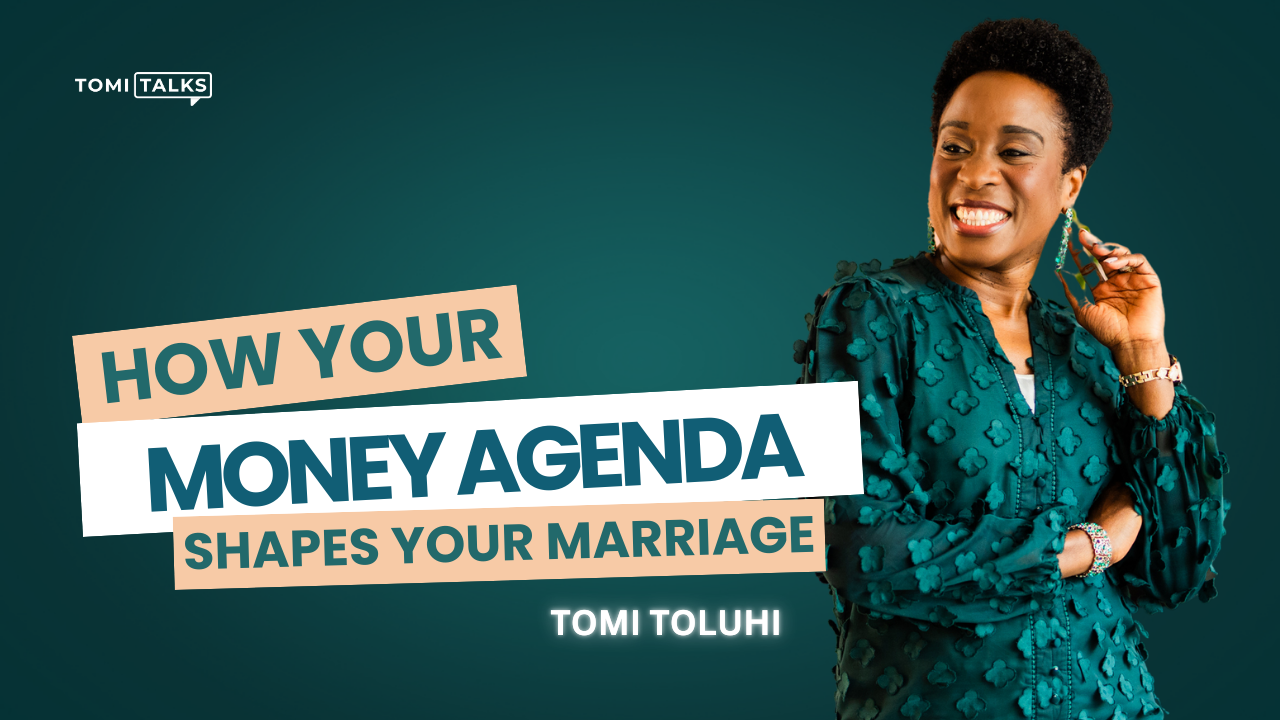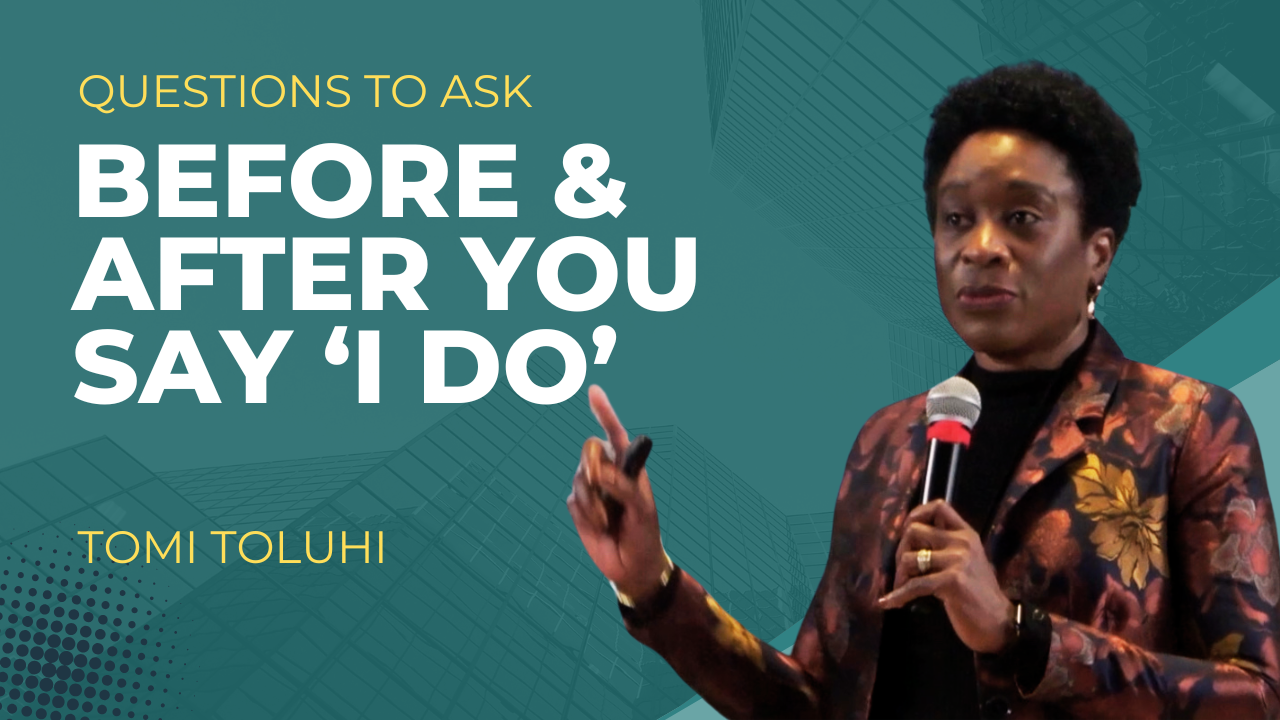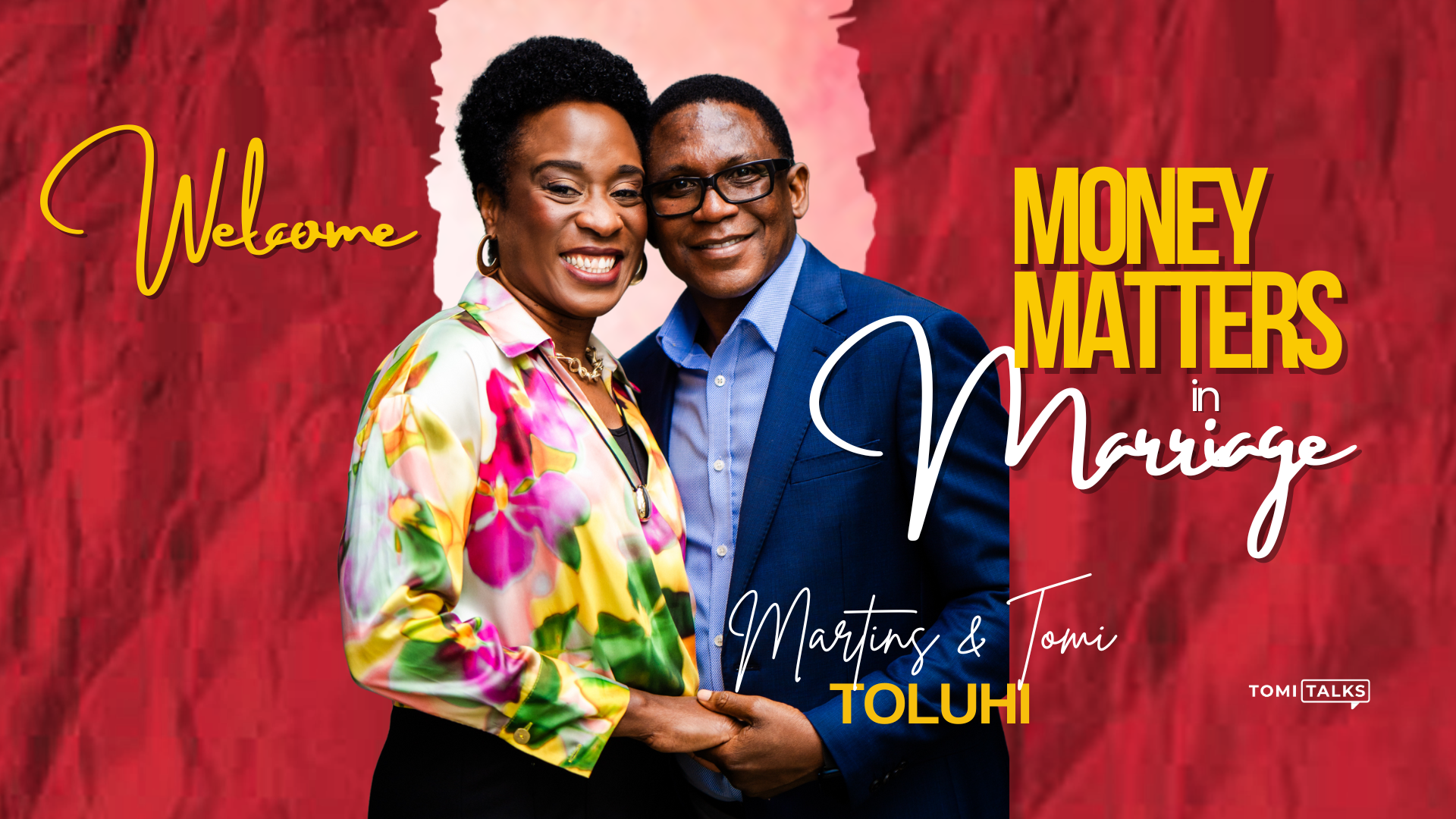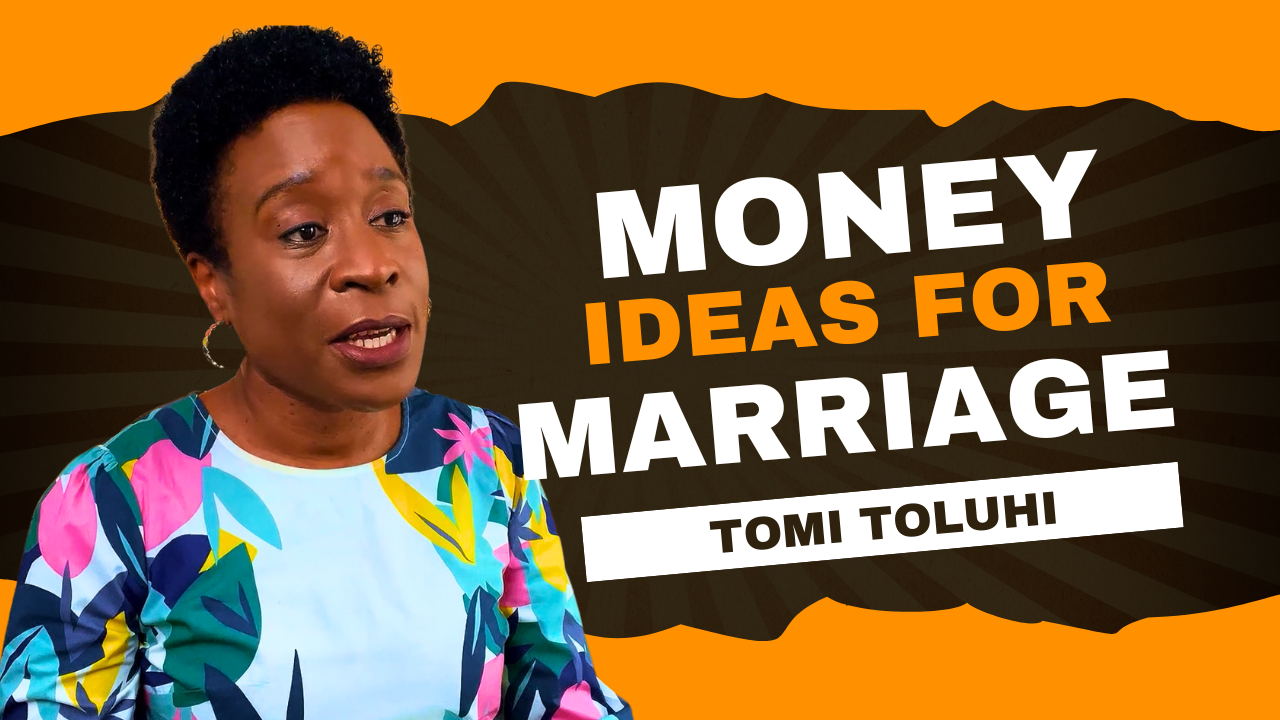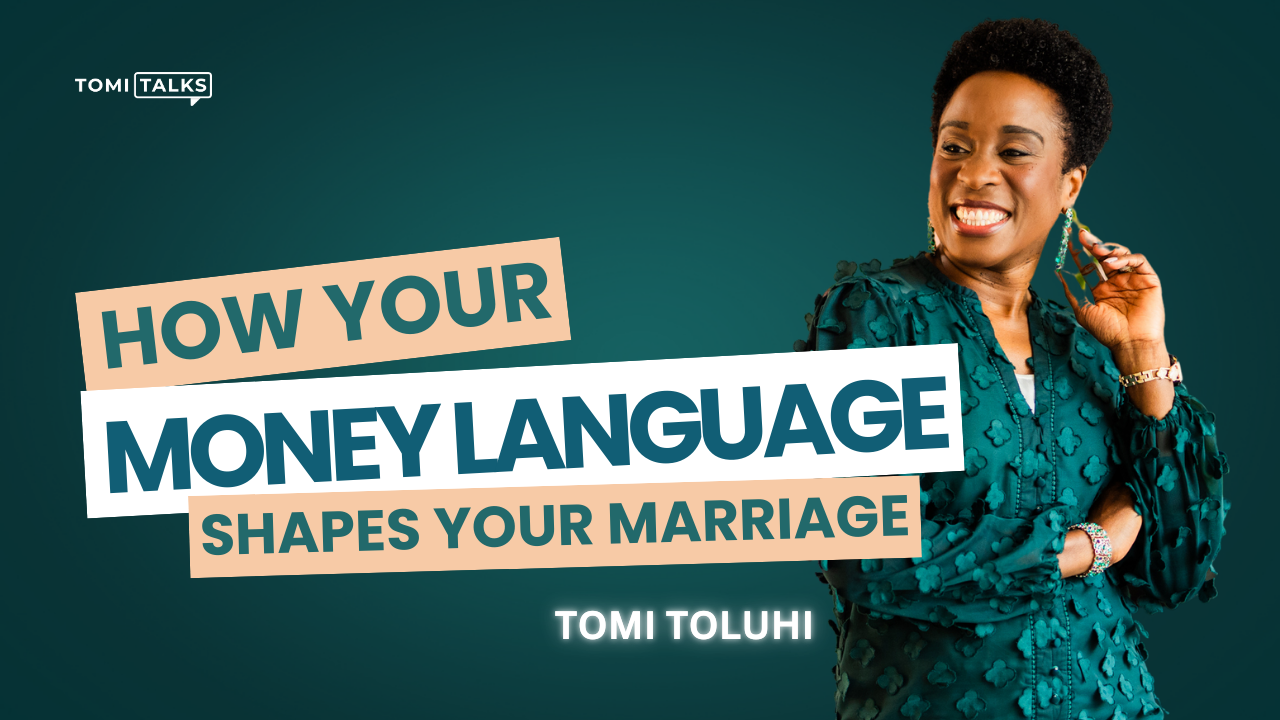Two power habits of the best marriages

What separates good marriages from great marriages? What makes the difference between an acceptable marriage and a mutually satisfying, empowering union between two people? I believe the best marriages are formed by the power habits which two people consciously put in place to make each other feel loved, cared for and truly blessed. When you take control of your habits as a couple, you take control of your marriage and determine the direction in which it should go. Below I share with you two power habits that can set your marriage apart from the rest. The beauty of these habits is that they are simple to cultivate, easy to practice, but they make the biggest difference in a relationship. As W. Clement Stone said, ‘Little hinges swing big doors’.
Praise
If you are habitually critical or hard-to-please, that sets the general tone of your marriage. You cannot perpetually sow disapproval into the soil of your marriage and hope to reap loyalty, joy and harmony. We all have faults and failings as human beings but the habit of perpetually pointing out the faults of your spouse will do nothing to improve them but will instead create a climate of distrust and frustration in your home. What you focus on becomes entrenched in your mind as your idea of reality so the more you find fault with your spouse, the blinder you become to their strengths. Empower your marriage by replacing the habit of criticism with praise.
Praise is a discipline that keeps your eyes on the positives about your spouse. The more you recognise your spouse’s achievements and celebrate them, the more attracted to him or her you will become. Your spouse will gain value in your eyes through the habit of praise. The other side benefit to praise is that you become more attractive to your spouse when you praise them. As human beings, we are programmed to respond positively to praise. Nobody invites critics to motivate a sports team; only cheerleaders are invited because they enhance the team’s ability to perform. When you habitually notice your spouse’s achievements, he or she will be more drawn to you and you will always be the first person they seek out to share their triumphs with.
Rather than catching your spouse out every time they make a mistake and criticising them for it, catch them when they do great and praise them. If you don’t celebrate your spouse, who will? You are uniquely placed in your spouse’s life to affirm the abilities, strengths and skills that God has blessed them with. Don’t miss that opportunity; notice every little achievement of your spouse.
Proverbs, the Book of Wisdom, concludes in Chapter 31:28 with a record of a husband’s praise for his wife. ‘Her children rise up and call her blessed (happy, prosperous, to be admired); her husband also, and he praises her, saying…’ This man modelled praise for his children and they were verbal about their praise of their mother because they had learnt that from their father. Don’t internalise your praise; verbalise it. A single compliment is worth a thousand pleasant thoughts.
Appreciation
Appreciation is the second power habit that differentiates excellent marriages from mediocre ones. Appreciation is different from praise. Praise has to do with acknowledging your spouse’s accomplishments; appreciation means you acknowledge the things they do for you. Have you ever noticed that inspiring marriages are usually between two courteous people who each place value on the contribution their spouse makes to their life? Taking each other for granted is a passion killer; it robs a couple of the pleasure that comes from serving each other. Ingratitude takes the joy out of serving.
How often do you thank your spouse for a good meal; for working hard and being a great example to your children; for picking up your dry-cleaning; for supporting your dreams or for encouraging you when you needed it? A marriage certificate is not a licence to take each other for granted. You say ‘Thank you’ when people serve you in a restaurant, even though you’re paying good money for the service. You say ‘Thank you’ at work, and when somebody serves you in the supermarket or hair salon. Why should you be less grateful to your spouse for his or her contributions freely given to make your life better? Why treat strangers better than you treat your spouse?
Appreciating your spouse frequently will keep you feeling blessed to have him or her in your life. It preserves your sense of how good God has been to you. Time and time again God commands us to be thankful to Him for what He has done for us. After the Gift of Christ, the next biggest gift God has given you is your spouse. How often do you thank God for that precious gift? The reality is that it is very difficult to be thankful to God for your spouse if you are not thankful to your spouse. When you are thankful to your spouse for the things they do for you, you are more likely to remain thankful to God for giving your spouse to you as a gift. Verbalise your appreciation frequently and let your spouse know how valuable their contribution to your life is.
I challenge you to take a few moments to think about ten reasons why you are thankful for your spouse. What ten things do they do to make your life better? Thank them for each of those things and present your thanksgiving list before God daily for an entire week. Even if you have been experiencing difficulties in your marriage, you will be amazed at how positive you become.
